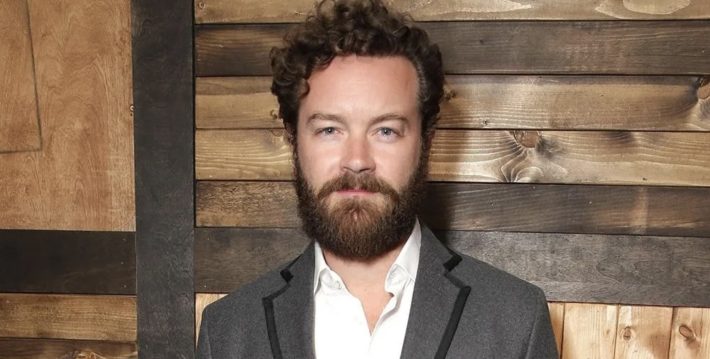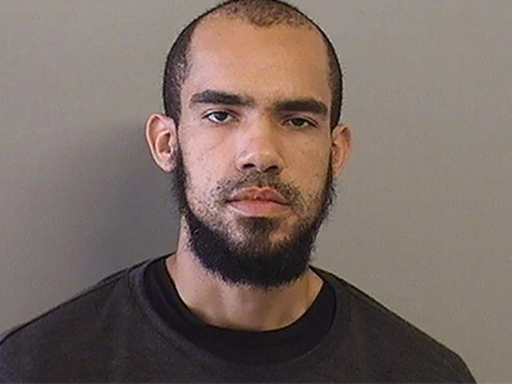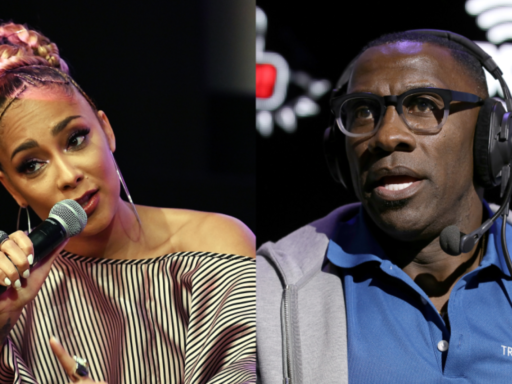
Danny Masterson has just been found guilty by a jury on two of the three rape counts he was facing.
via: Variety
The jury could not reach a verdict on a third rape charge, deadlocking with a vote of 8-4 in favor of conviction.
Masterson faces a potential sentence of 30 years to life in prison on the two charges. Shortly after the clerk read the guilty verdicts, there was an audible gasp from Masterson’s family, who were seated in the audience.
Masterson was accused of raping three women at his Hollywood Hills home between 2001 and 2003. The jury convicted him of raping two women in 2003, but could not reach a verdict pertaining to an allegation from November 2001 involving a former girlfriend.
His first trial ended in November with a hung jury, with the majority voting to acquit on all three charges.
The case has shined a light on the teachings of the Church of Scientology, of which Masterson is a lifelong member.
All three alleged victims were members at the time of the alleged assaults, and have since left the church. They have also said that the church dissuaded them from reporting Masterson — a prominent church member thanks to his acting success — to the police.
In closing arguments, prosecutor Ariel Anson argued that Masterson had taken advantage of his position as an “upstart” in the church to rape the victims without fear of repercussion.
“Like all predators, the defendant carefully sought out his prey,” Anson argued. “The church taught his victims that rape isn’t rape, that you cause this and above all you aren’t allowed to go to law enforcement. What better hunting ground? In Scientology, the defendant is a celebrity and he’s untouchable.”
Defense attorney Philip Cohen argued that the prosecution invoked Scientology as a way to distract from inconsistencies in the victims’ testimony.
“Why have we heard so much about Scientology?” Cohen asked. “Could it be there’s problems otherwise with the government’s case?”
Scientology was also a prominent feature of the first trial. The major difference between the two trials related to the allegation of drugging. In the first trial, the women testified that they felt weak or woozy, and had little memory, after taking a drink prepared by Masterson. But prosecutors did not overtly claim that Masterson had put something in the drink to disable the women.
In the retrial, the prosecution changed course, arguing that Masterson had in fact drugged the women.
“They were all drugged,” Anson argued. “The defendant drugs his victims to be in control. He does this to take away these victims’ ability to consent. This is not about consent. This is not about the defendant misunderstanding these victim’s signals. When he drugs them, he’s able to completely physically control them. You don’t want to have sex? You don’t have a choice… The defendant makes that choice for these victims and he does it over and over and over again.”
Cohen countered that there is no evidence — such as a toxicology report — that would substantiate the drugging allegation. He also noted that there was no reference to drugs in the actual charges.
“This is not a drugging case,” Cohen said. “There is no tangible evidence of it.”
One of the women reported Masterson to the LAPD in 2004, but prosecutors opted not to file charges. The case was revived in 2016, after the three women found each other and went to law enforcement together.
Prosecutors were able to file the charge under a “one-strike” sex crimes law that extends the statute of limitations for multiple forcible rapes.
Cohen argued that the women had “tweaked” their stories to fit a narrative of rape after meeting each other and discussing the case.
“A woman has an absolute right to say no,” Cohen argued. “But when the ‘no’ comes 16 years, 17 years later… that’s a very, very scary scenario.”





